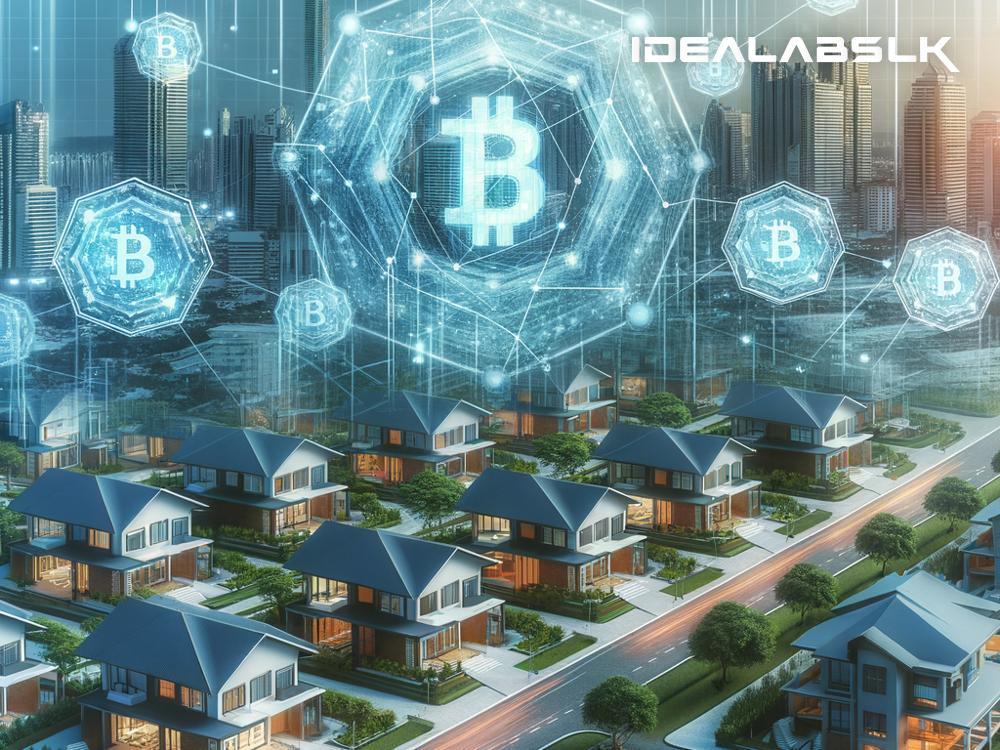Blockchain and Real Estate: Simplifying Asset Verification
In the world of real estate, owning and transferring property is a significant part of people’s lives, being both a basic need and an investment. However, the process has often been bogged down by paperwork, fraud, and inefficiencies that make property transactions stressful and complex. Enter Blockchain technology, a term you might have heard in relation to digital currencies like Bitcoin. But beyond its flashy crypto use, blockchain holds the potential to revolutionize various sectors, including real estate, especially in the arena of asset verification. Let’s explore how.
What is Blockchain?
Imagine a digital ledger that is secure, transparent, and cannot be altered. This ledger is shared across a network of computers, making it nearly impossible for fraudulent activities to occur. Each record in this ledger (block) is linked to the previous and subsequent ones, forming a chain – hence, blockchain. This technology ensures that every transaction is recorded and can be traced, providing a level of security and transparency previously unattainable in many industries, real estate included.
The Traditional Hurdles in Real Estate
Traditionally, verifying property assets involves a multitude of steps including title searches, ensuring the property is free of liens, and confirming the seller has the right to sell it. This process can be painstaking, time-consuming, and expensive. Furthermore, paper-based records can be prone to loss, damage, or tampering, which increases the risk of fraud.
How Blockchain Simplifies Asset Verification
Blockchain can streamline the real estate process by simplifying the verification of assets in several ways:
-
Transparency: Every transaction is recorded on the blockchain, visible to all parties involved, which reduces the chances of disputes over property ownership or transaction history.
-
Efficiency: By digitizing records and using blockchain, the need for paper-based documentation is minimized, speeding up transactions from weeks or months to just days or even hours.
-
Security: The decentralized nature of blockchain, along with its cryptographic protection, makes it extremely difficult for hackers to tamper with the data, ensuring the integrity of the property records.
-
Cost Reduction: Blockchain can considerably reduce the costs associated with title searches, property inspections, and fraud prevention measures, making real estate transactions more accessible to the average person.
Real-World Applications
Several startups and established real estate firms are already experimenting with blockchain for asset verification. Some are developing platforms that enable users to perform instant property title searches, verify legal ownership, and even transfer ownership securely without the need for traditional intermediaries like notaries or title companies. Governments around the world are also exploring blockchain for land registries to ensure a transparent, secure, and efficient way to manage land records.
Overcoming the Challenges
Despite its potential, the integration of blockchain in real estate is not without challenges. These include the need for regulatory framework adjustments, the digital divide (not everyone has access to the necessary technology), and the cultural shift required to move away from traditional methods. Nonetheless, as technology advances and stakeholders witness the benefits, these hurdles are gradually being overcome.
Looking forward
The future of real estate transactions lies in making them as frictionless as possible, and blockchain technology is a powerful tool in achieving that vision. As we continue to understand and embrace this technology, we can expect a real estate environment that is more transparent, efficient, secure, and user-friendly.
The adoption of blockchain in real estate, particularly in asset verification, signifies a significant leap toward solving age-old problems of the industry. While we are still in the early stages, the potential for transformation is immense. The transition to blockchain-driven real estate transactions may take time, but the foundation is being laid today for a more streamlined and trust-based future in property dealings. In essence, blockchain is not just about securing transactions; it’s about building trust in an ecosystem historically riddled with skepticism. With each block added to the chain, we move closer to a real estate market that is more accessible, understandable, and equitable for all.

